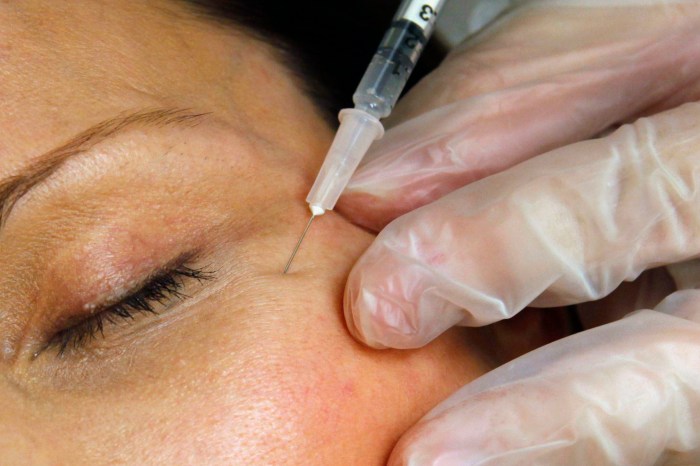 Ask your doctor about your specific risk level.
Ask your doctor about your specific risk level.
Credit: Metro File
In 2009, after previously driving home the benefits of annual mammograms from the age of 40, a government task force declared that most women don’t need mammograms until they’re 50. The decision threw women and doctors for a loop.
“If the directive did one thing, it was confuse everyone,” says Dr. Therese B. Bevers, professor of Clinical Cancer Prevention and the medical director of the Cancer Prevention Center at The University of Texas MD Anderson Cancer Center. “The system had worked — until then everyone knew the protocol.”
Though the decision was supported by an abundance of false positives and unnecessary biopsies, many members of the medical community criticized it: “Most doctors working in the breast cancer field don’t agree with the 2009 directive,” Dr. Bevers says.
The worry is that a potentially harmful precedent now influences women to not get a mammogram.
“Most women don’t want to have a mammogram — but they do it to reduce the risk of dying from breast cancer,” says Dr. Bevers. “The directive kind of let them off the hook. If fewer women are now getting annual mammograms, the potential for harm is too great.”
For younger women at low risk, Dr. Bevers says that breast health should be part of the annual physical exam, and any worries checked by a doctor. Ultrasounds are a better option for young women who find a lump because their breasts are denser. But anyone, at any age, who is considered at high risk for breast cancer — that is, women with a mother, sister, or aunt who had breast cancer or ovarian cancer — needs more intensive screening.
“For women at increased risk we suggest supplemental screening every six months that includes a breast exam, and alternating mammograms and MRI,” says Dr. Bevers.
The magic number: 40
“MD Anderson recommends that women at average risk get a mammogram every year beginning at age 40,” Dr. Bevers says. “Women with a higher risk of breast cancer — including those with a strong family history or genetic predisposition — should speak with their doctor to find out when they should start having mammograms.”


















